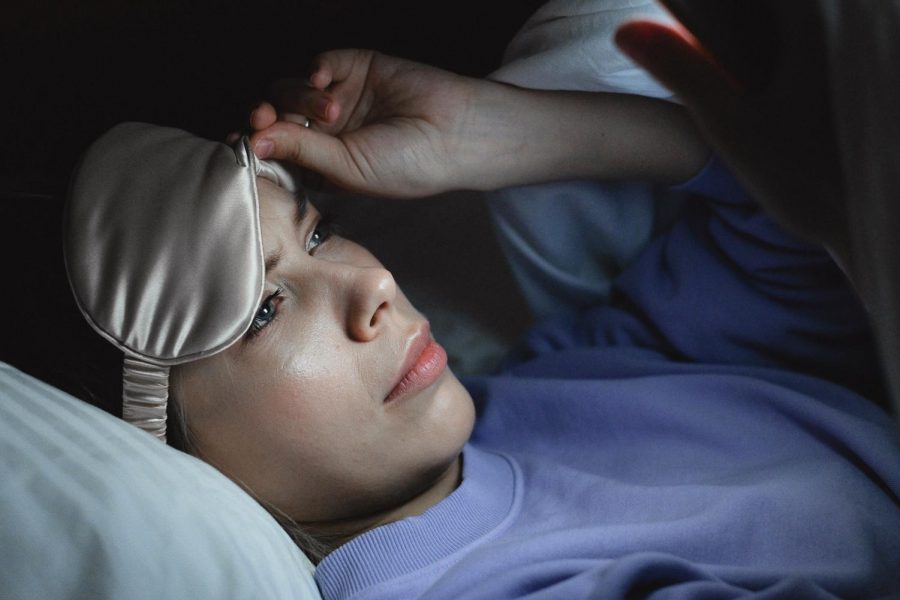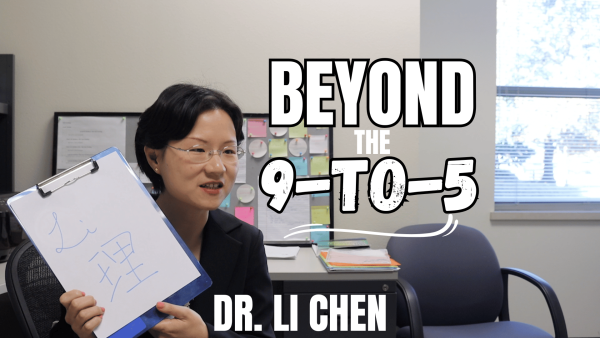Prioritizing sleep is key to health and wellness
Sleep is a topic that many try to avoid bringing up. Talk of bedtimes and sleep schedules may bring back unpleasant memories of being told to go to bed as a child. However, sleep is important in so many ways. The question is, how much should you be getting on a regular basis?
Humans need less sleep in adulthood than they do as children, but the majority of adults still need 7.5 to 8.5 hours each night. One way to determine how much sleep you need is by letting yourself sleep as long as possible for a few days.
Take note of how many hours you sleep when there is no alarm waking you up. Once you know about how much sleep you need, it is important to make the time in your schedule to accommodate that need.
According to HealthyPeople.gov, sufficient sleep is necessary for fighting off infection, supporting sugar metabolism to prevent diabetes, performing well in school and working effectively and safely. Lack of sleep is associated with increased risk of heart disease, high blood pressure, obesity, diabetes and all-cause mortality.
Darcy Webber, coordinator of health and wellness promotion at West Texas A&M University, mentioned electronics as a big part of the sleep problem that many college students have. The combination of the constant exposure to blue light that comes from using electronic devices and a digital world that is always awake, getting enough sleep takes intention.
Although any light can suppress melatonin, a hormone that influences circadian rhythms, blue light is an especially powerful suppressant of this hormone. The best way to protect yourself from the negative effects of nighttime exposure to blue light is to avoid looking at screens two to three hours before bed.
Not getting adequate sleep during the week and then binge sleeping on the weekends is not healthy either. Your body and its circadian rhythm need the consistency of a regular sleep schedule to be healthy. A couple of extra hours of sleep on the weekend are okay, but consistency throughout the week is key.
Long naps are also not good for your circadian rhythm, as they push off the natural feeling of tiredness that comes from being awake all day. A single nap of less than 30 minutes is the best option if you must nap.
College students have busy schedules, but part of that busy schedule needs to include sufficient, consistent sleep time. It is important to have a regular routine before bed to help your body relax and get into a state of recharge.
There is no one-size-fits-all bedtime routine, but staying away from electronics, keeping the lights dim and minimizing stimulation are important.
If you are having trouble sleeping, stop by Darcy Webber’s office in the Virgil Henson Activities Center (VHAC) room 121 to get a free sleeping mask, some earplugs or herbal tea.
For sleep concerns or issues, book an appointment with Student Medical Services or Counseling Services.
Finals week is approaching! WTAMU Health and Wellness Promotion will be hosting Mindfulness & Relaxation Week from Nov. 29 to Dec. 2 in the Jack B. Kelley Student Center Commons. This week-long focus on relaxation will be an opportunity for students to participate in activities such as yoga and get free resources such as coloring books, herbal teas, shower steamers and sleeping masks to support health and wellness during finals.











